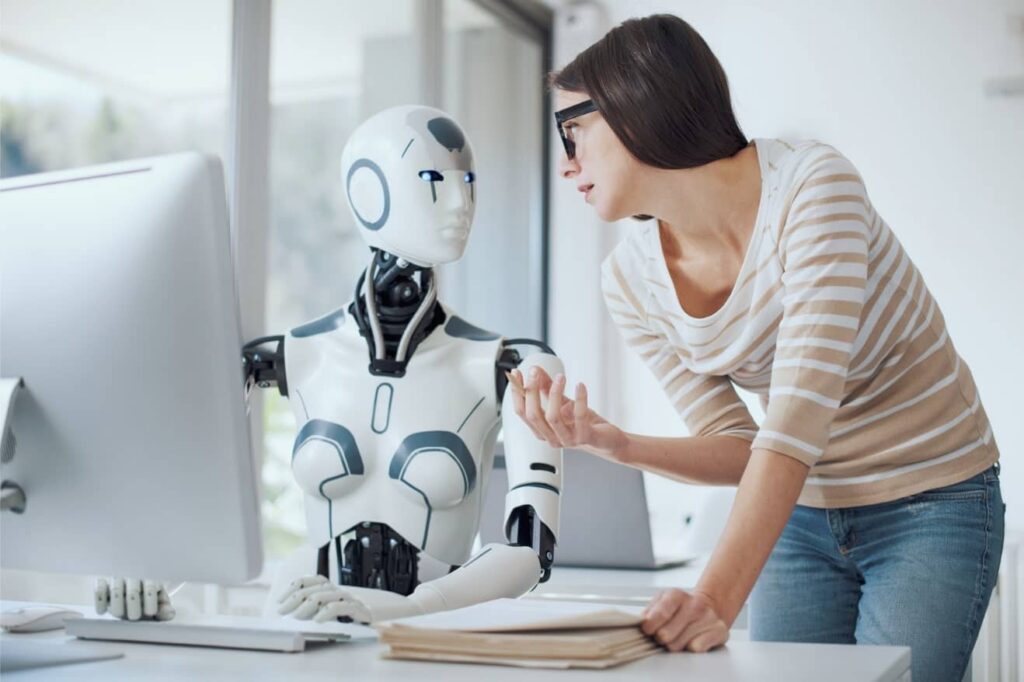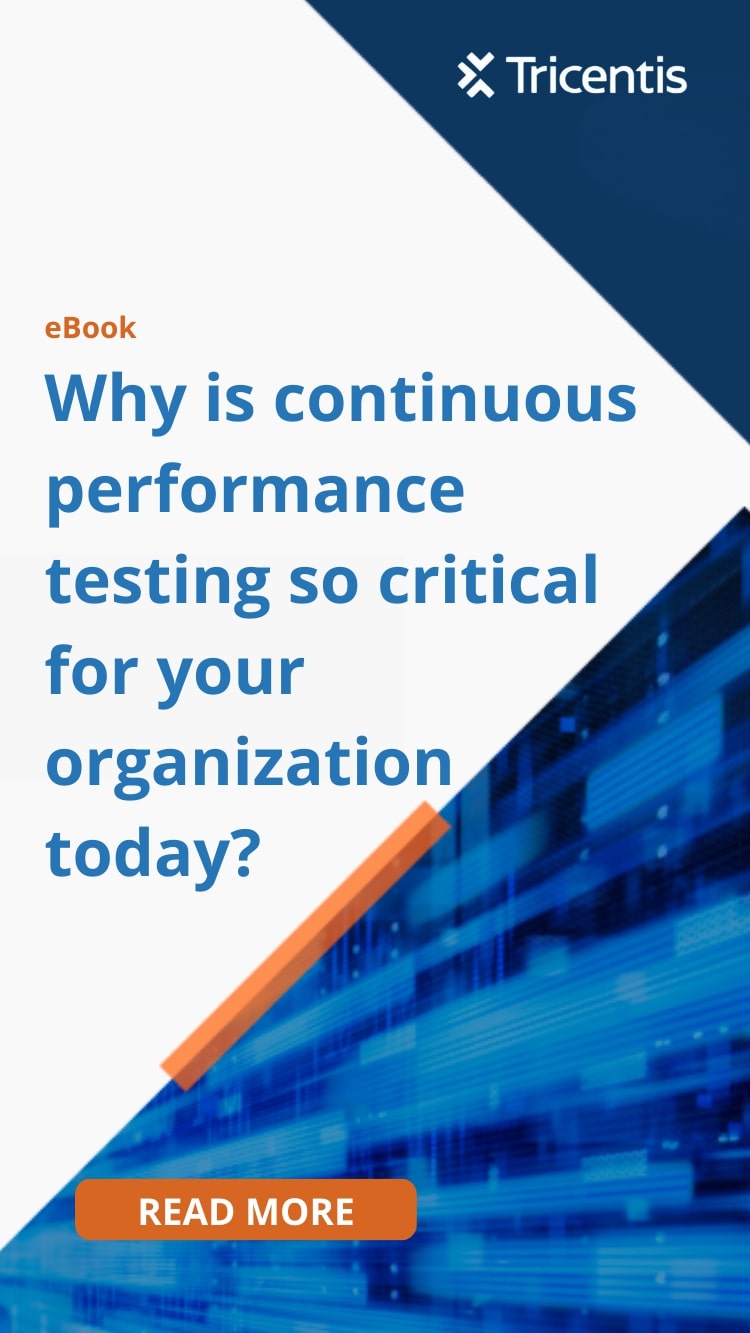AI has disrupted jobs big time. Many occupations requiring skilled or creative humans are now automated, thanks to AI.
In its early days, AI mostly rendered obsolete jobs involving routine clerical processes. The rise of generative AI threatens many functional jobs.
AI engines will double their capabilities every three to six months. The rapid advancement of AI capabilities now threatens even the CEO and other C-suite members. The logic of replacing rank-and-file employees with AI-powered bots also holds for the C-suite. Unlike the C-suite members, AI bots work round the clock without fatigue, breaks or holidays. Bots analyse information faster than a human brain does. The work output of an AI bot is faster and more accurate than human output. And maintaining AI bots costs only a minuscule amount compared to the salary and other benefits the C-suite takes home.
In a survey conducted by EdX, 49% of CEOs opine that AI could replace them in most or even all their roles. A post-ChatGPT study places the CEO’s jobs in the top 12% of positions at risk of significant change or elimination by Generative AI.
In August 2022, NetDragonWebsoft, a Chinese video game producer, replaced its CEO with an AI-powered humanoid robot. This move, the first of its kind, has perhaps set the trend for the shape of things to come.
Three good reasons why AI could replace the C-Suite
There are several reasons why AI would do the C-suite’s job much better than humans.
-
Improved decision making
The CIO sets the enterprise’s strategic direction by identifying opportunities and threats. AI does this job better. AI algorithms identify patterns beyond the cognitive abilities of the human brain. AI also considers issues objectively and free from bias.
AI-powered solutions identify patterns to detect anomalies, track issues, and brainstorm solutions faster. Large language models allow enterprises to take initiatives earlier.
-
Better knowledge transfer
Businesses lose institutional know-how when key or experienced employees leave. The loss is more profound when a CEO or another C-suite member leaves. It is impossible to document the expertise and the nuances these senior leaders carry in their heads. AI offers a solution to preserve institutional knowledge.
Generative AI’s natural language capabilities make it well-placed to integrate with the C-suite activities. These intelligent algorithms can capture the executive’s nuances and knowledge. It replicates the same even when the senior leader leaves.
C-suite executives transfer knowledge and expertise to team members through business meetings. AI algorithms gather feedback from business meetings and identify areas that need more attention.

-
Boosting innovation
In today’s hyper-competitive business environment, enterprises rely on innovation to achieve competitive differentiation. But one out of three CEOs remain dissatisfied with the speed of innovation in their enterprises.
There is no shortage of ideas in any enterprise. The trick is to make them work. All except a handful of ideas do not proceed beyond the initial scrutiny. Generative AI helps enterprises refine the shortlisting process.
AI assists the fact-finding process and identifies the key factors that could determine the fate of an idea. 92% of senior executives already use generative AI to explore strategies for new markets and products.
Many employees already work with AI and, in many instances, depend on algorithms for decision-making. Stockholders and boards may soon consider the upsides of automating executive roles.
Good reasons why the C-suite is not going anywhere yet
Deploying AI at the very top of the enterprise offers huge gains. But AI will not render human CEOS and other C-suite members jobless anytime soon.
-
Inability to do the complete job
Generative AI can take over several tasks done by a CFO. But AI falters at doing the whole job. Currently, AI is not capable of complex tasks. AI falters in key C-suite functions such as negotiating contracts or evaluating employees. Undertaking such tasks requires artificial general intelligence (AGI). AGI is an AI system smarter than humans. AGI may take anywhere between five and a hundred years before it becomes a reality.
Also, the tendency of generative AI solutions to hallucinate may induce critical errors, rendering it risky.
-
Lack of emotions and sensitivity
Algorithms cannot do all the tasks a C-suite executive does. They also lack human sensitivity and emotions.
Sometimes, cold decisions that only consider logic may become counterproductive and backfire. For instance, AI goes by the rules when the rule itself may have flaws. It requires human sensitivities to understand and change the underlying flaw. AI also has a very limited capacity to understand the nuances of complex ethical issues, which could lead to harmful decisions.
The human C-suite’s abilities go beyond any predictive model’s capabilities. The CEO and other senior leaders go the extra mile to connect with stakeholders. Their soft skills bring added value to what the predictive models deliver.
-
The issue of transparency
A key saving grace for the human C-suite is the heightened emphasis on transparency.
As the adage goes, “It is not enough to do the right thing. It is necessary to be seen to do the right thing.
Trust is critical for the success of any enterprise. Today, the stakeholders and the wider society expect openness and fairness from enterprises. This, in turn, requires transparency. The rising environmental concerns raise the stakes of transparency in decision-making even more. Regulatory mandates also force disclosures into factors underpinning key decisions.
AI algorithms operate in a black box. It is next to impossible to understand how AI systems make decisions. Securing trust from those influenced by the decisions requires transparency. Such transparency is still a long way away for AI systems.
-
Legal issues
Most company incorporation laws worldwide do not insist on CEOs or other C-suite designations. The only legal requirement is that of a board of directors.
But replacing the C-Suite with AI-bots may still run afoul of regulators and violate compliance laws.
Regulatory bodies such as the US SEC require the CFO and CEO to sign statements certifying submissions. The million-dollar question is whether regulators allow AI bots to sign such certifications.
The EU General Data Protection Regulation (GDPR) and the California Consumer Privacy Act (CCPA) require establishments to disclose how they use personal data. Personal data may become indispensable for enterprise-specific decision-making. The use of such algorithms may violate the provisions of these regulations. The GDPR, for instance, requires a lawful basis, such as consent or contractual necessity for processing personal data. Using personal data for generative AI needs to fall under one of these lawful bases.
The proposed Algorithmic Accountability Act in the United States would require companies to disclose how they use algorithms in specific decision-making processes.
-
Security concerns
Another factor holding back adoption of tools such as ChatGPT is their public nature. Feeding sensitive commercial information into third-party software carries data security implications. For this reason, top global conglomerates such as Accenture, JP Morgan, Samsung, and Verizon restrict the use of generative AI.
The arrival of secure private versions of ChatGPT and Google’s Bard will mitigate most of the security concerns though.
Conclusion
NetDragonWebsoft replacing its CEO with an AI bot was a PR stunt at the time. It is still in the early days of AI. The future holds many promises, and AI may replace the C-suite at a future date. But such a day is still only a conjecture or a possibility and is anyway far away.
But there is no denying that AI will disrupt the C-suite big time. Currently, AI can become a powerful tool for the C-suite to get better insights and make high-quality, informed decisions. AI is more likely to augment the C-suite rather than replace it.












